Volume 1, Issue 17
It’s high time this Substack joined the world of Wordle, so here you go. Five letters. Guess it in six tries. Go.
Wait! The New York Times games editor just DMed me that they’re taking legal action unless I shut down my quasi-wordle. Ok, fine. Before the NYT switches off the Mode/Switch, I’ll just tell you the word I was thinking:
W H E L M
The word looks vaguely familiar, especially if you attach the prefix O-V-E-R. But let’s agree that whether you’re over- or under-whelmed by this old word, you’re probably going to want to look it up before you start dropping it in your next Teams meeting. A quick Google search shows you that it comes from a Middle-English word quelm, which refers to the capsizing of boats. The word correlates with maritime imagery: a surge, a flood, an engulfment—or any other situation you’d describe by saying, “Yeah, it’s a lot.”
So, how do early-career professionals deal with all the whelm? Three approaches stand out.
Give it a shout. Rachel Hennessy, a Marketing Content Manager for the company Packed with Purpose, told me a story about a committee meeting to redesign a mission statement. It should have been a doable thing. They were all communication people, for crying out loud, and they had a lot of ideas. But what they were trying to do with their mission statement, she explained, was to write something so that “no matter where people are looking at this object, they are seeing the same thing.” Rachel’s conclusion? “It's a pipe dream, Craig.”
As a qualitative researcher, I don’t tend to rate the funniness quotient of my interviewees, but if I did, I think I might note that I laughed more during Rachel’s interview than in any of my others. Some weeks after our interview, she sent me a follow-up text:
I just stopped a meeting by yelling ‘COMMUNICATION OVERWHELM’ and I fully intend to use this method more often.
Mode-switching to humor, in other words, can help in a time of whelm.
Get a bigger spade. I looked up whelm in the Oxford English Dictionary and learned that one of the older meanings of the term had to do with turning over soil. That sounds about right. A lot of young professionals I talk to, faced with an inhuman amount of work, respond by working harder and harder, digging themselves out as fast as they can. Cearron Bagenda told me about being a TV journalist in Milwaukee. She called it “one-man banding,” an approach that obliged her to lug the equipment, conduct the interviews, shoot the footage, and stitch it all together at the end. “You don't really feel like you're ever off of work, because breaking news is breaking news. And when they need you onsite, you have your work phone, and you have your personal phone and when that rings, you're just like, OK, pack up, let’s go.
If you’ve been following the Mode/Switch a while, you know Cearron’s not making this up: Rosario Dominguez tells the same story in a Chicagoland market: catching stories with her phone, her mic, and her camera. She tells about feeling like a first responder on crime scenes, trying to cope with the suffering bodies in the street, trying to ignore the fact that she makes less than a McDonald’s shift worker.
Like Rosario and—let’s be clear—a lot of other women newscasters of color, Cearron worked very hard. She was even nominated for an Emmy. But eventually, she dug herself clean out of the job and now works in public relations where she feels less of the whelm.
Build a bigger boat. You’re right, this advice comes from that scene in the movie Jaws, of course. But it also comes from my research among early-career professionals, which hasn’t, I’m grateful to say, involved twenty-five-foot great white sharks. But what I do find is that young professionals, faced with the whelm at work, built out better structures and logistics. Courtney Kalous, who works for a Chicago-based nonprofit, said, that leaders around her quickly recognized, “Hey, you have this weird dichotomy? Not weird. This unique and beneficial dichotomy.” What they meant is that Courtney’s a people person, but she also has “a passion for systems and structure and organization.” A love for people, a passion for structure? Now, that’s a mode-switch. But even though Courtney loves her visionary supervisors, she often experiences their creativity as a kind of whelm. So, when the tidal swells start coming over her desk, she builds a better system, a better procedure, that just won’t capsize.
Adam Frankenfeld works as a test lead for the most popular video-game firm in the country. He, too, thinks about systems and structures all the time. He told a story about a game with 200 icons, some of which still need to be developed, all of which are due in 4 days. Everyone, including the avid gamer clearing her calendar for 40 hours of nonstop gameplay next week, has this date seared on their eyeballs. Depending on what happens by the deadline, Adam’s one of the people who signs off on this massively complex game, enabling certification of its readiness for dissemination. Although his preferred mode of communication is team-mate conversation, when the deadline looms and the emails fly among multiple teams, Adam’s mind shifts to analytic mode. Given our shipping date, what’s going wrong exactly with the boat we’ve been building? He has described his work in periods like this using the phrases “a storm” and “stacked overwhelm.” His attention to problems in process isn’t just about riding out the storm, though. As I listened to him talk and read his follow-up emails and texts, I could easily recognize him as a rebuilder of the structures and a redesigner of the logistics that enable his team to ship on time.
The games editor at the NYT will give us no promises that W-H-E-L-M is what everybody’s guessing at in six tries or less on the next Wordle. But as an early-career professional, you already know the reality of whelm from the inside-out and from the upside-down. Try seeing the whelm of work as an indicator that you belong, that you are truly embedded in and reliant on your place and your people. To be overwhelmed can be a way to live a more honest life, a life that acknowledges that, as Rich Mullins used to say, “we’re not as strong as we think we are.” To be overwhelmed, and to know it, can be humbling, yes, but also blessedly clarifying. From talking with people like you, I think that’s my favorite finding of my research so far, that in the first decade of work the whelm you face may also be the gift you need.
Who I’m Learning From
The Dig (Netflix movie) – Besides the early-career professional at the heart of this movie—and a lot of good questions about vocation—there’s an older archeologist who finds himself overcome by his own work. It’s a gorgeous whelming.
Robin Dunbar Atlantic essay on friendship. Think of it as an exploration of the indispensability and the limits of our networks.
And here’s a link to the real Wordle.
Thanks, as always, for reading! Humble brag time—what’s your Wordle streak? Or have you given up… gotten OVERWHELMED? - Craig



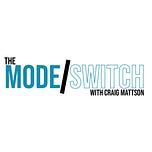


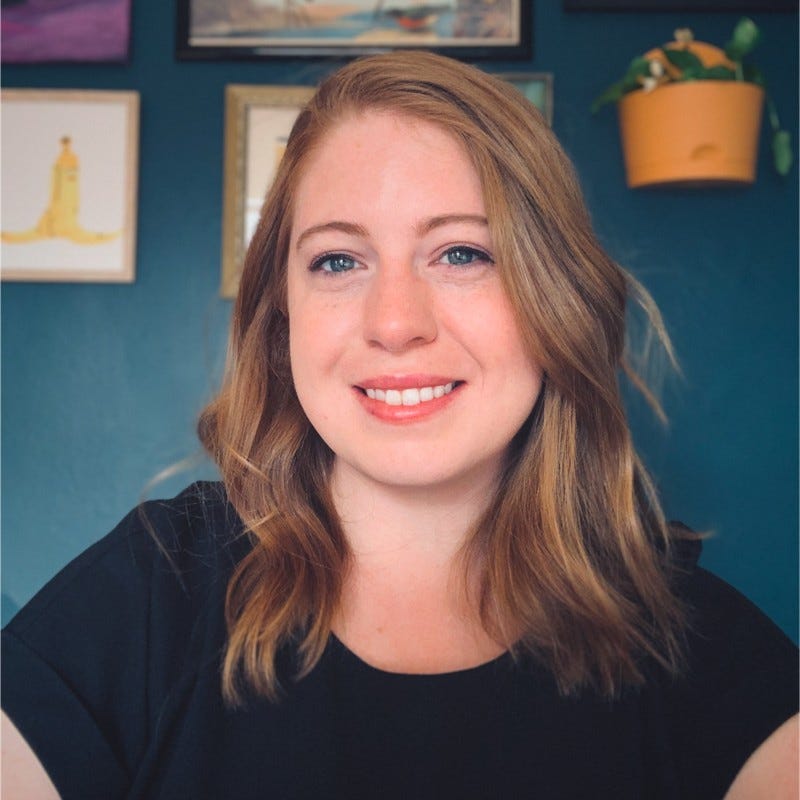
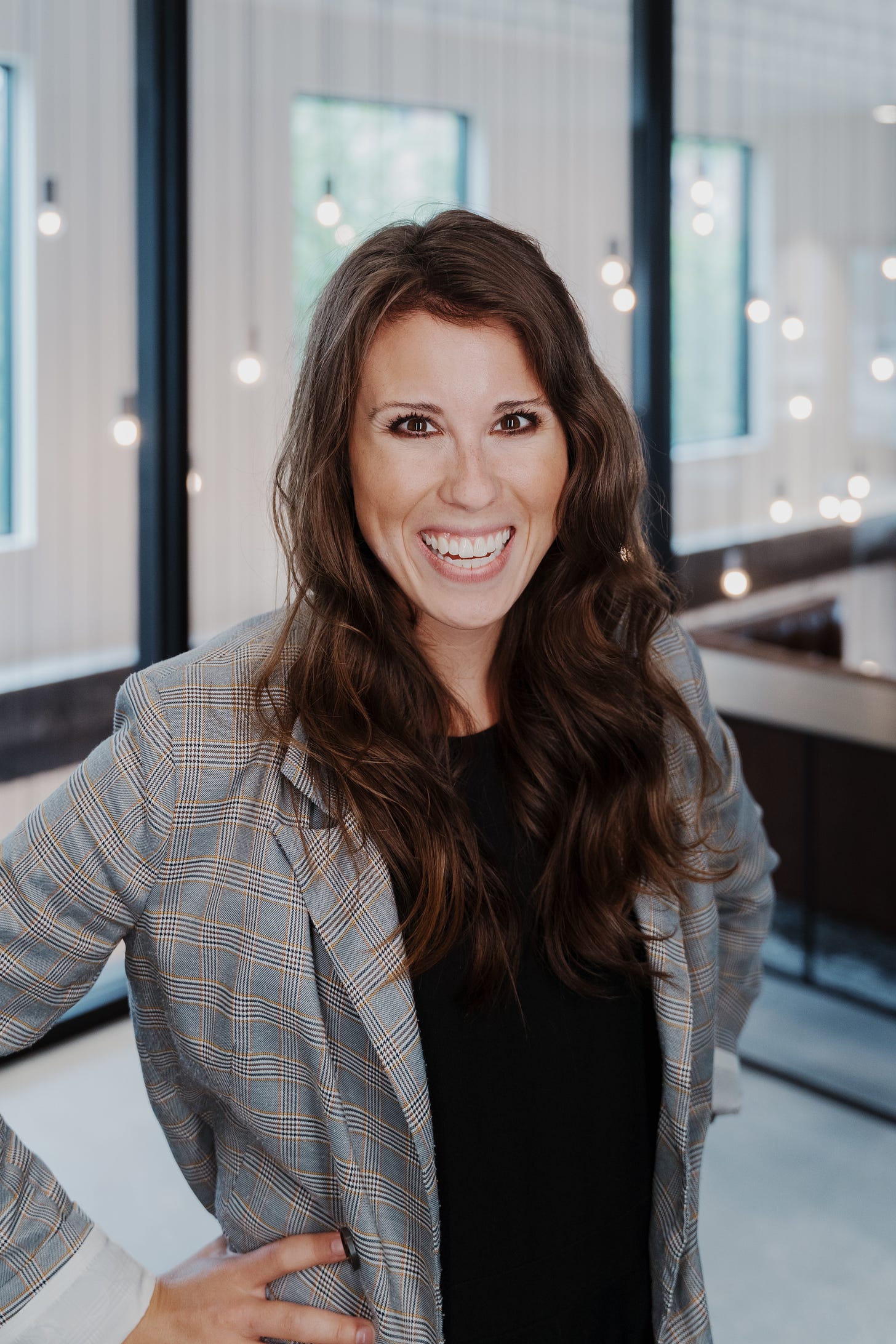
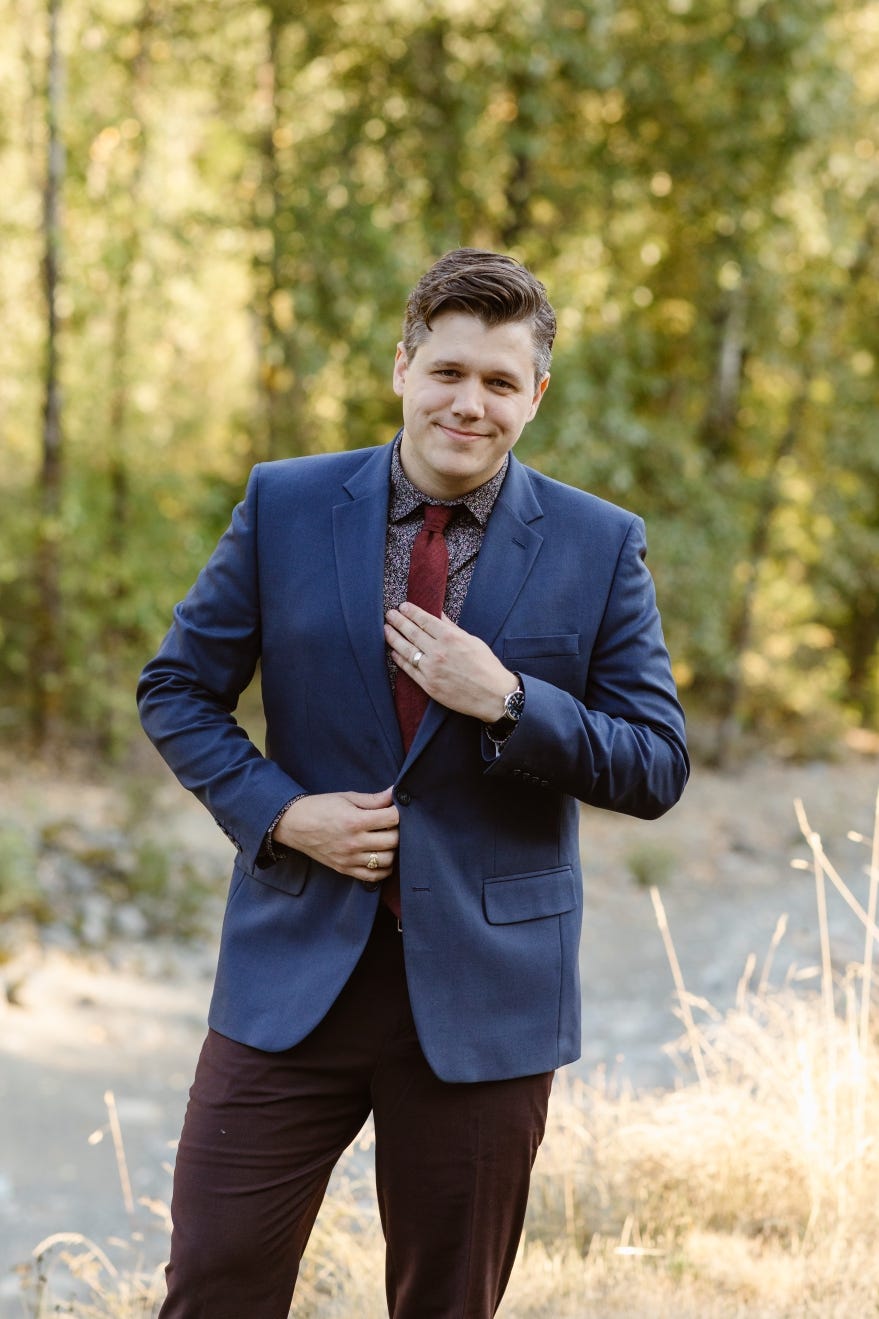

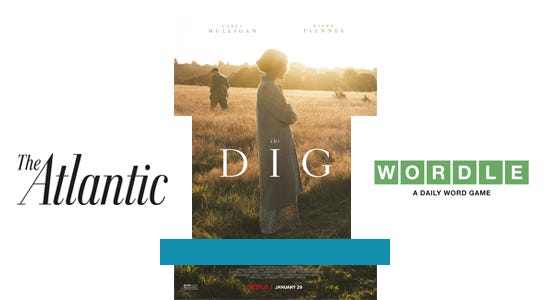






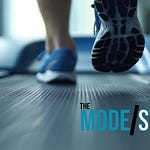

Share this post